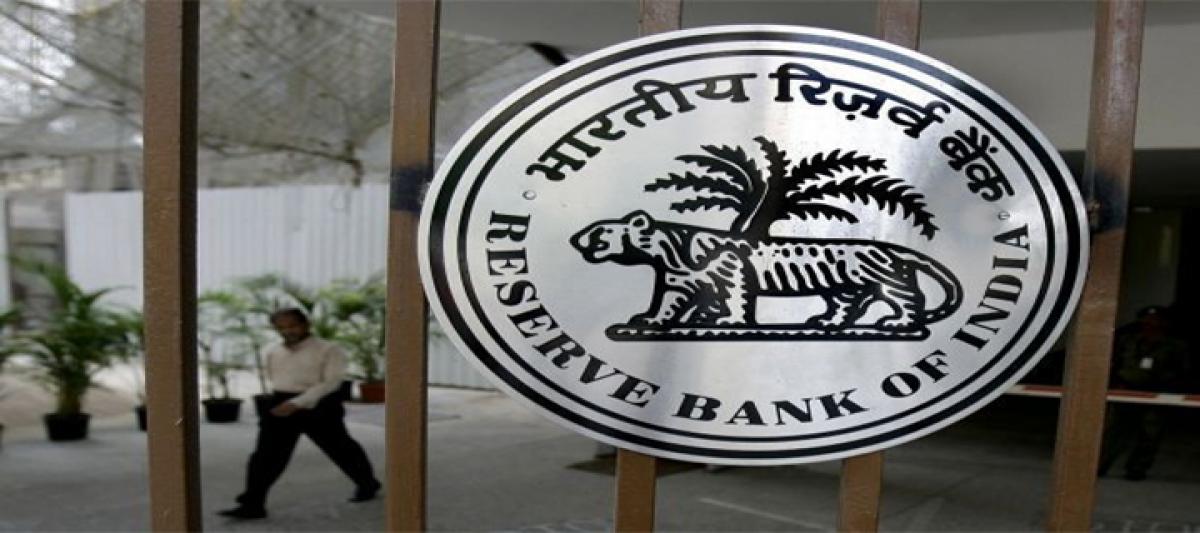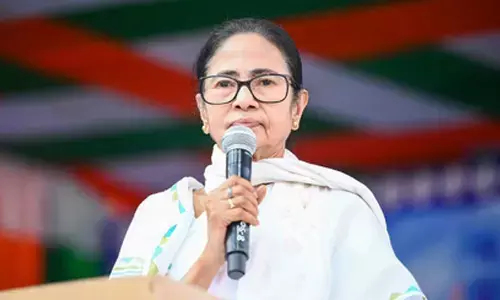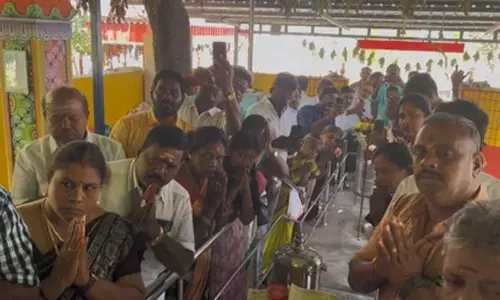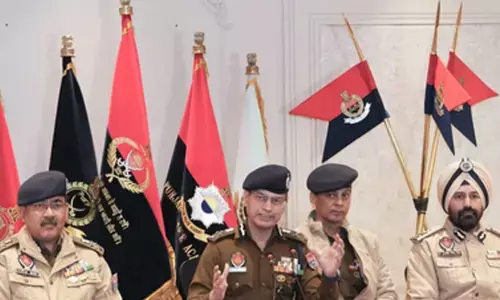India agreed to pay savers less after RBI nudge: sources

India\'s politically thorny decision last month to cut interest rates offered to millions of small savers in a $137-billion federal deposit scheme was prompted at least partly by urging from the Reserve Bank of India, two government sources said.
India's politically thorny decision last month to cut interest rates offered to millions of small savers in a $137-billion federal deposit scheme was prompted at least partly by urging from the Reserve Bank of India, two government sources said.
.jpg)
Finance Minister Arun Jaitley was among the officials who publicly pressed Reserve Bank of India Governor Raghuram Rajan to cut the benchmark rate, in a bid to help revive consumer and investor sentiment in a sluggish economy.
After making a larger-than-expected cut of 50 basis points on September 29, Rajan urged the federal government to do its bit to accelerate growth through structural reforms.
Soon after, Jaitley said he would cut the generous rates, of more than a full percentage point above bank rates, paid by the federal scheme, which is run from post offices across India.
Those rates are normally set every March, but Jaitley said he would review them "soon".
One senior finance ministry official with direct knowledge of the matter said the ministry had been reluctant to make the cut, but acquiesced after urging by the central bank in talks prior to the benchmark rate cut.
"There was a lot of pressure from the RBI and banks to cut interest rates on small savings schemes," said the official, who declined to be named, as he was not authorised to speak to the media.
Cutting the small savings rate could save the government an estimated $700 million a year, making only a small dent in a fiscal deficit of about $86 billion.
But the move would be hugely unpopular politically, particularly in rural areas where few banks have branches.
Jaitley has yet to implement the decision.
A source familiar with RBI's thinking said he was not aware of any bargaining between the finance ministry and the RBI, however.
India's politically thorny decision last month to cut interest rates offered to millions of small savers in a $137-billion federal deposit scheme was prompted at least partly by urging from the Reserve Bank of India, two government sources said.
Finance Minister Arun Jaitley was among the officials who publicly pressed Reserve Bank of India Governor Raghuram Rajan to cut the benchmark rate, in a bid to help revive consumer and investor sentiment in a sluggish economy.
After making a larger-than-expected cut of 50 basis points on September 29, Rajan urged the federal government to do its bit to accelerate growth through structural reforms.
Soon after, Jaitley said he would cut the generous rates, of more than a full percentage point above bank rates, paid by the federal scheme, which is run from post offices across India.
Those rates are normally set every March, but Jaitley said he would review them "soon".
One senior finance ministry official with direct knowledge of the matter said the ministry had been reluctant to make the cut, but acquiesced after urging by the central bank in talks prior to the benchmark rate cut.
"There was a lot of pressure from the RBI and banks to cut interest rates on small savings schemes," said the official, who declined to be named, as he was not authorised to speak to the media.
Cutting the small savings rate could save the government an estimated $700 million a year, making only a small dent in a fiscal deficit of about $86 billion.
But the move would be hugely unpopular politically, particularly in rural areas where few banks have branches.
Jaitley has yet to implement the decision.
A source familiar with RBI's thinking said he was not aware of any bargaining between the finance ministry and the RBI, however.
Delayed to avoid voter backlash
The finance ministry official said the cut had been delayed to avert any possible backlash by voters in assembly elections this month in the northern state of Bihar, where Prime Minister Narendra Modi faces a crucial test of his effort to build a majority for his ruling party in parliament's upper house.
Another official said "adequate political work had not been done".
The government manages the scheme, known as the National Small Savings Fund, offering an average annual return of 8.7 percent. The government's returns on deposits are linked to government bond yields, which have fallen to about 7.5 percent.
Some finance ministry officials said the interest on retail deposits could be cut by as much as 50 basis points.
The reduction could hit more than 6.5 million depositors.
"If rates are cut, I will have to decrease spending on medicine, vegetables and family events," said retired New Delhi school teacher K.L. Mittal, 76, whose deposits earn about 4,000 rupees ($62) in interest every month.
The finance ministry official said the cut had been delayed to avert any possible backlash by voters in assembly elections this month in the northern state of Bihar, where Prime Minister Narendra Modi faces a crucial test of his effort to build a majority for his ruling party in parliament's upper house.
Another official said "adequate political work had not been done".
The government manages the scheme, known as the National Small Savings Fund, offering an average annual return of 8.7 percent. The government's returns on deposits are linked to government bond yields, which have fallen to about 7.5 percent.
Some finance ministry officials said the interest on retail deposits could be cut by as much as 50 basis points.
The reduction could hit more than 6.5 million depositors.
"If rates are cut, I will have to decrease spending on medicine, vegetables and family events," said retired New Delhi school teacher K.L. Mittal, 76, whose deposits earn about 4,000 rupees ($62) in interest every month.
Next Story














